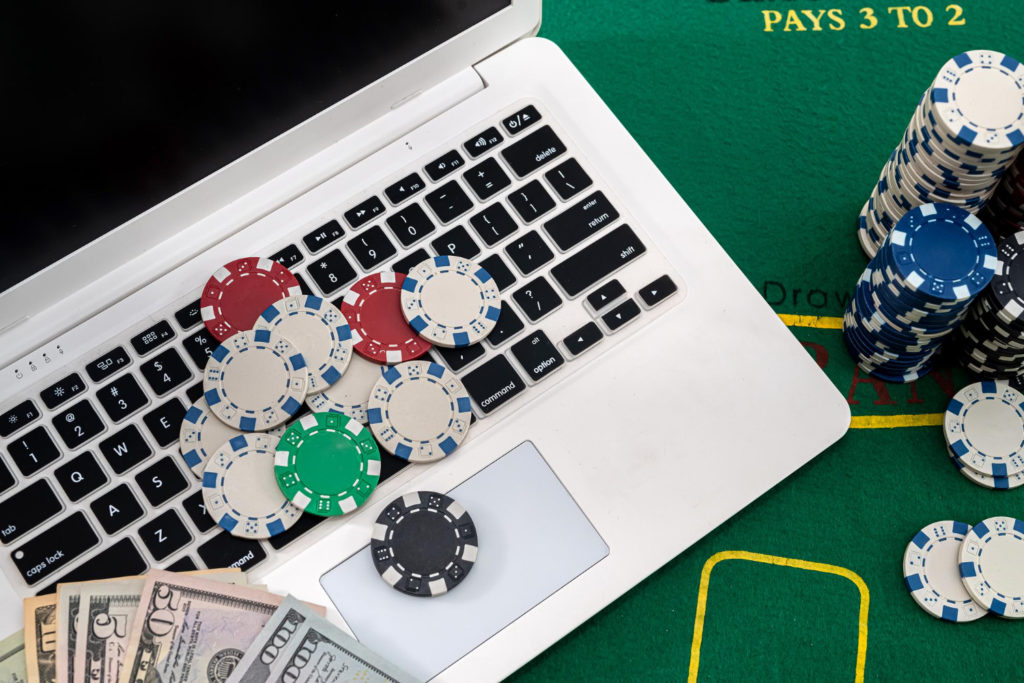Poker is a widely popular game, played by millions around the world in various formats, from casual home games to high-stakes tournaments. Its popularity is evident in its frequent representation in media and the large online community dedicated to it. In poker, one of the essential skills is the ability to evaluate your starting hand. This skill determines whether it’s worth playing the hand or not.
The value of the hand you’re dealt initially can heavily influence your chances of winning the round. While luck plays a part in what cards you get, your decision to play or fold those cards is where strategy and experience come into play. Knowing when to check in poker or raise in poker is crucial.
It isn’t just about the strength of the cards but also about understanding the dynamics of the players at the table and the stage of the game. Making the right decision at the start can set you up for a better position when playing the exciting game of poker.
What does a fold mean in poker?
- In poker, folding is a decision to withdraw from the current round, essentially signaling that you’re not willing to match the current bet.
- This action is often taken when a player believes their hand is too weak to compete effectively against the other players’ hands.
- Folding allows a player to minimize their losses, as they no longer need to contribute more to the pot.
It’s a strategic move, particularly in situations where the odds are not in your favor. While folding means you give up any chance of winning the current pot, it also means you’re not risking additional money in a situation where you’re likely to lose.
This careful management of one’s chip stack is a crucial aspect of poker strategy. By choosing to fold at the right moments, players can conserve their resources for rounds where they have a stronger hand or a better chance of winning.

What poker hands should you fold?
Recognizing and appropriately responding to the strength of your hand is a fundamental skill in poker, and there is a vast difference between the best starting hands and the worst starting hands in poker. When a player is dealt one of these low-ranking hands, the strategic advice is to fold.
Among these, certain hands are infamously recognized for their lack of strength and potential. These hands are generally considered the weakest and are most likely to lead to a loss if played. For instance, hands like 6-2, 7-2, and 8-2, are widely regarded as the least desirable starting hands in poker. The reason for this is based on the low probability of the hands improving enough to win, especially against multiple opponents.
Folding a bad hand early can be an advantage.
- Folding these hands pre-flop avoids the pitfall of investing chips in a situation where the odds are heavily stacked against you.
- The act of folding, while sometimes seen as a passive move, is actually a key strategic decision that preserves the chip stack to stay in the game and wait for a better hand.
- This side of poker is about recognizing the hand’s weakness but also the importance of staying in the game for the long haul.
The decision to fold should be balanced with an understanding of when to play strong hands aggressively. Just as it’s wise to conserve chips by folding poor hands, it’s equally important to maximize potential winnings when you have a strong hand. This balance of knowing when to fold and when to play is at the heart of successful poker strategy, and what separates the good players from the average players.
What hands to fold in poker is about much more than simply giving up on a weak hand. The best poker players are those who not only understand the strength of their hands but also recognize the value of patience and strategic timing in this complex, challenging, and thrilling card game.
Decide if you want to fold or not
The decision of when to fold poker is often influenced by the actions of the other players at the table, particularly in terms of raising. If the others around the table are not raising, it can be a viable option to play your hand, especially if you’re holding marginal cards. In such scenarios, the cost to stay in the game doesn’t increase, making it less risky to see the next card and providing a chance of winning with a bad hand.
Playing poker isn’t just about the cards you’re dealt, but also about the strategy you employ. Bluffing is an integral part of this strategy. It’s the art of convincing other players that your hand is stronger than it actually is. In situations where your hand isn’t the best, a well-timed bluff can be in your favor. It’s about reading the table, understanding your opponents, and displaying confidence when it comes to how to bluff.

Play poker online
Playing poker online has become a popular option. With an internet connection, you can easily join virtual poker games from the comfort of your home. These platforms simulate a real poker experience, allowing you to compete against players from around the world. Online poker offers various game types and skill levels, catering to both beginners and seasoned players. It’s a convenient way to enjoy the game, practice skills, and engage in friendly competition. Here on crypto-gambling we have gathered a selection of the best Bitcoin poker and Ethereum poker sites, making it easy for you to find a trusted platform.
Meet Daniel, the brain and heart behind crypto-gambling.net. With over a decade of experience in the worlds of casino gaming and cryptocurrency, Daniel is the go-to guy for all things crypto and gambling. His journey through the glittering halls of casinos and the dynamic realm of digital currencies has equipped him with a treasure trove of knowledge and insights.
Driven by a passion to enlighten both newcomers and seasoned players, Daniel embarked on a mission to create a platform that’s as informative as it is exciting. At crypto-gambling.net, he combines his expertise to guide you through the exhilarating landscape of crypto gambling. Whether you’re looking to place your first bet or strategize your next big win, Daniel’s got you covered.
Join Daniel and the team at crypto-gambling.net to explore the future of gambling, where digital meets dynamic, and fortune favors the informed.









